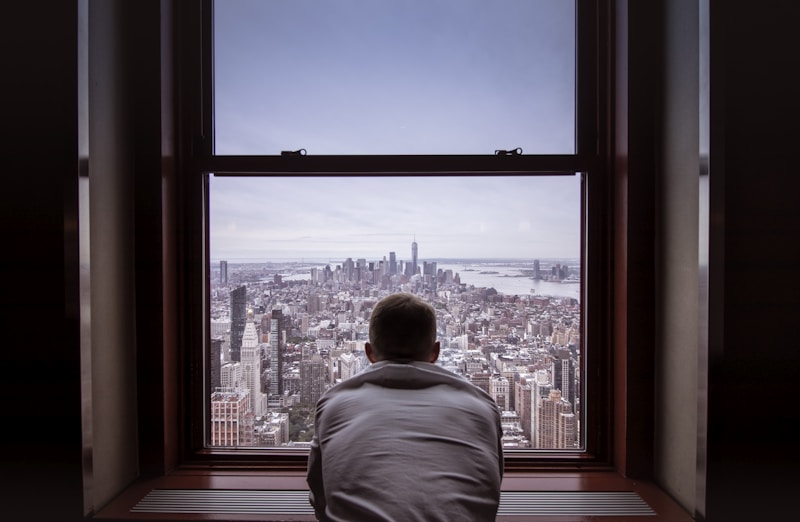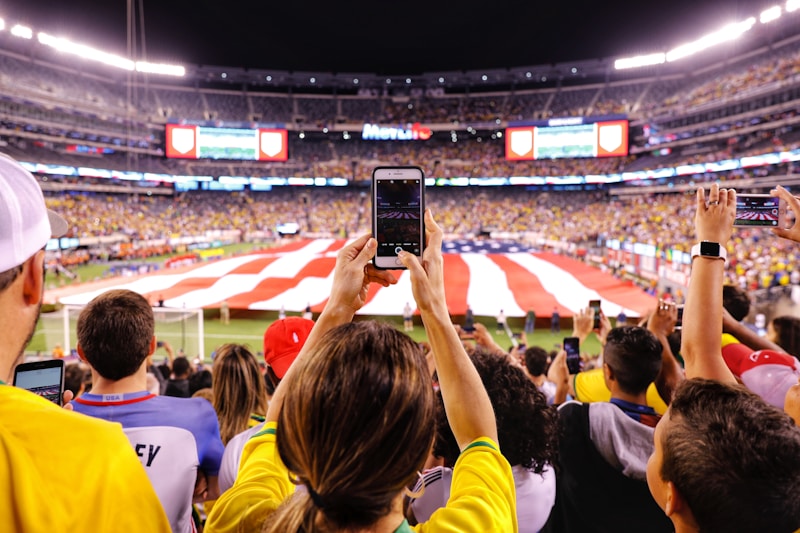Do you ever feel like you don’t fit in?
I’ve felt this more than I’d like to admit.
It felt as if everyone around me was in another world where they were accepted by their peers and could relate to one another.
This started to change as I learned about ‘otherness.’
It was the fall semester of my sophomore year in college, classes had just started. I met up with Dan, a friend who was about to graduate.
He had started a profitable company, raised money, and sold his shares after deciding it wasn’t for him. People admired him in the entrepreneurship bubble at my university.
We’d go on walks once every two weeks or so to discuss ideas.
On this walk we were talking about my trouble ‘fitting-in’ with peers.
He asked me why I felt that way?
I gave him a few reasons:
- I don’t share the same interests as most people
- I come from a different background than my peers: first generation immigrant, south asian, and first generation college student
- I’m unaware of many popular culture references
He responded, “it’s not a question of whether you fit in or not, it’s a matter of whether you accept your ‘otherness’”
Otherness—the unique set of experiences that makes people who they are.
We came to the conclusion that we’re all different. What makes it easy to relate is the delta between the experiences two individuals had. Shorter delta leads to increased relation value and vice versa.
When you can’t relate, it becomes a matter of how much effort you’re willing to put in to meet someone at their context.
What does embracing your ‘otherness’ mean to you?
For me, it’s about creating places where I feel comfortable.
Places where I’m around people who are passionate, have fringe interests, and have overcome some degree of adversity.




